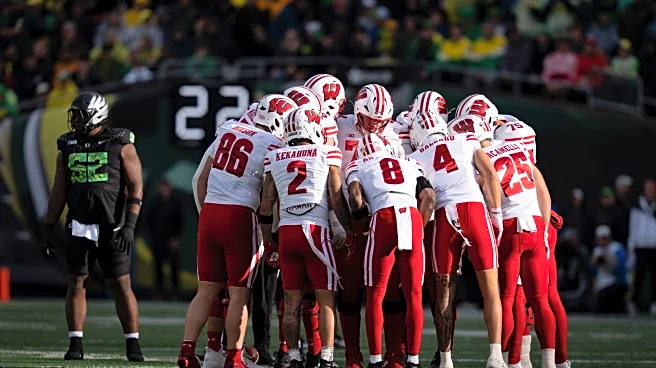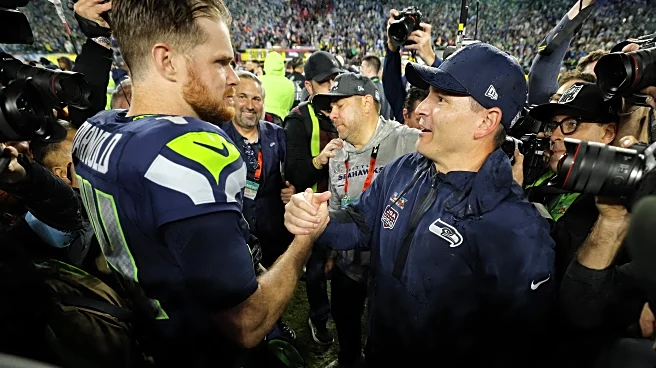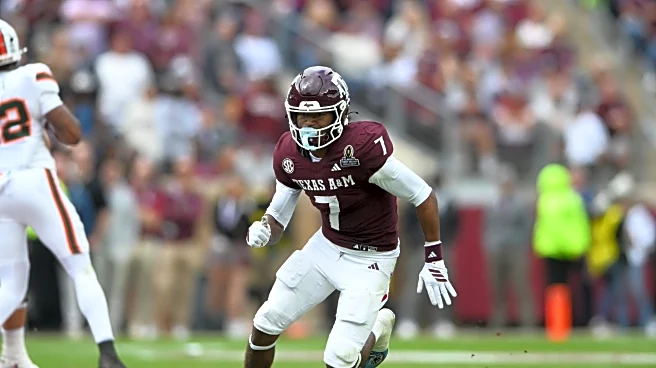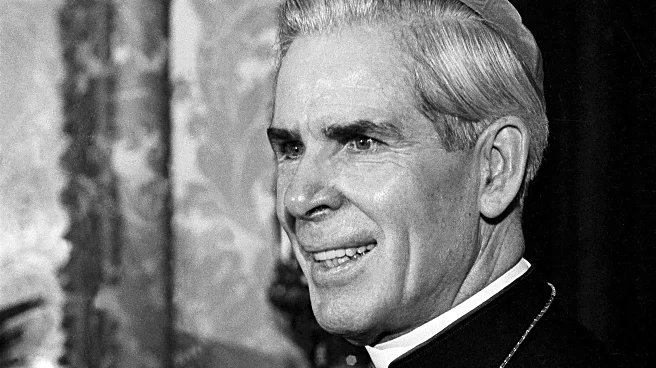The Wisconsin Badgers traveled to Eugene on Saturday to face a high-powered Oregon Ducks team, and while the final score—a 21 to 7 loss—wasn’t what Badger fans wanted, there were several key takeaways
from the contest that will shape how the team approaches the rest of the season.
Defensive Grit Amidst Adversity
Wisconsin’s defense, while ultimately giving up three touchdowns, showed flashes of resilience and toughness against one of the nation’s most explosive offenses.
The defensive front, led by Mason Reiger and Sebastian Cheeks, made life difficult for Oregon’s quarterbacks at multiple points, recording key pressures and sacks that disrupted timing in the passing game. True freshman Mason Posa recorded a team high 13 tackles.
The secondary, despite being tested frequently, managed to limit big-play opportunities, forcing the Ducks to earn most of their yards methodically rather than in bursts. Wisconsin’s defense also made a few crucial stops in the red zone, keeping Oregon from pulling away early and demonstrating that when the Badgers are disciplined and aggressive, they can compete with elite programs.
That said, the defense was on the field too long because the offense struggled to sustain drives, which eventually wore them down as the game progressed.
Offensive Struggles and the QB Question
On the offensive side, the Badgers had a much tougher time. Quarterback Hunter Simmons faced constant pressure, struggled to find rhythm, and was often forced into quick throws that limited the passing game’s effectiveness.
The run game, traditionally Wisconsin’s strength, had mixed success; the offensive line opened some lanes, but Oregon’s speed and athleticism in the second level made consistent production difficult. Head coach Luke Fickell acknowledged after the game that the offense had work to do, particularly in execution and tempo, and hinted that evaluating the quarterback position remains a priority.
Without sustained offensive drives, Wisconsin’s defense couldn’t get the rest it needed, which compounded the team’s challenges.
Special Teams and Momentum
Special teams played a subtle but important role in the game’s flow. Oregon attempted an aggressive onside kick at the start, signaling their intent to dictate tempo, and while the Badgers survived that early test, opportunities to shift momentum on returns or field position were limited. Missed tackles and lack of explosive plays in the kicking game meant Wisconsin had to start many drives in less-than-ideal spots, putting further pressure on an already struggling offense.
Looking ahead, Wisconsin’s coaching staff and players have a bye week to regroup. Giving freshman Carter Smith a start could be a possibility, as he could play the rest of the season without burning his redshirt. The young players on defense were impressive and should be getting the same amount of game time for the rest of the season. It will be hard for Wisconsin to do much unless a change at the quarterback position is made.









